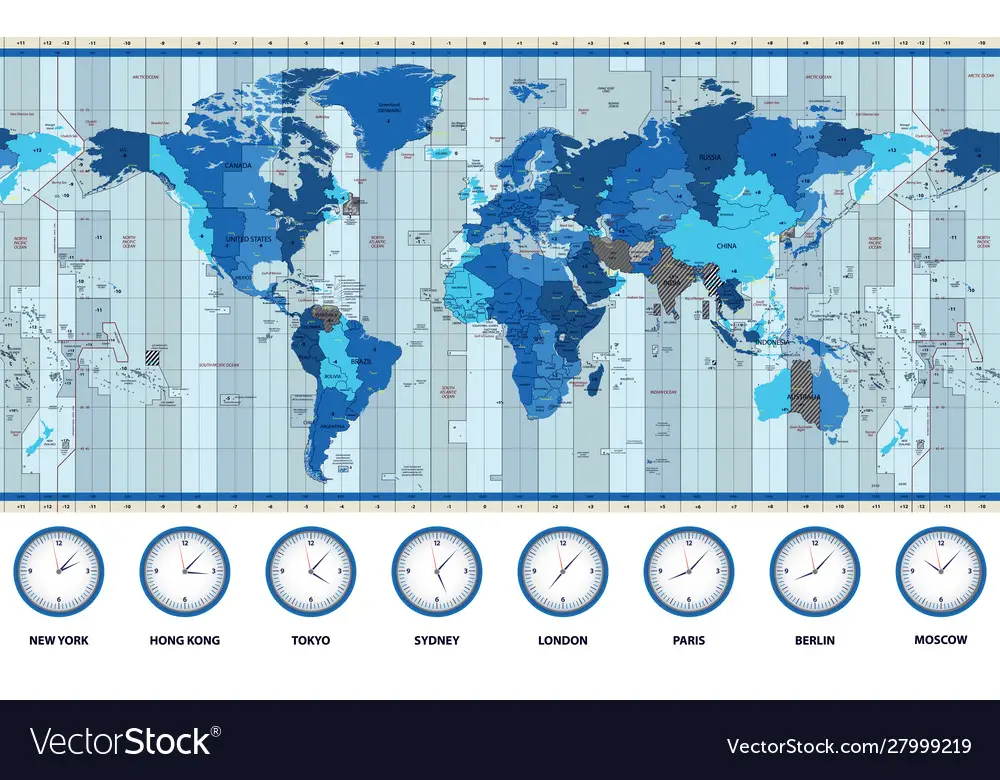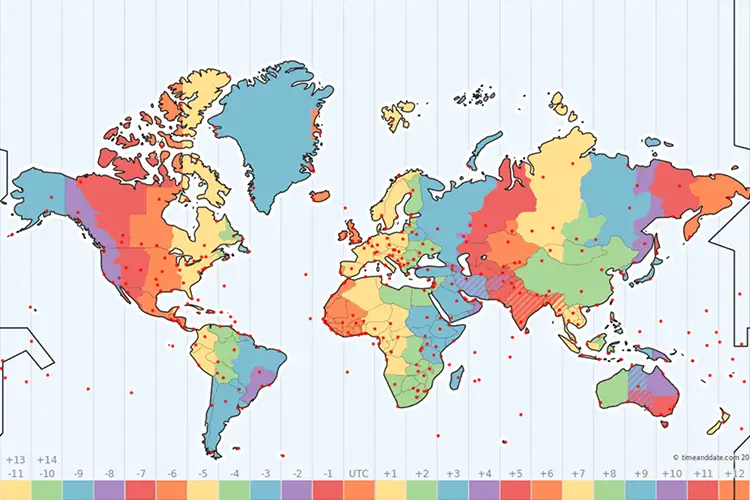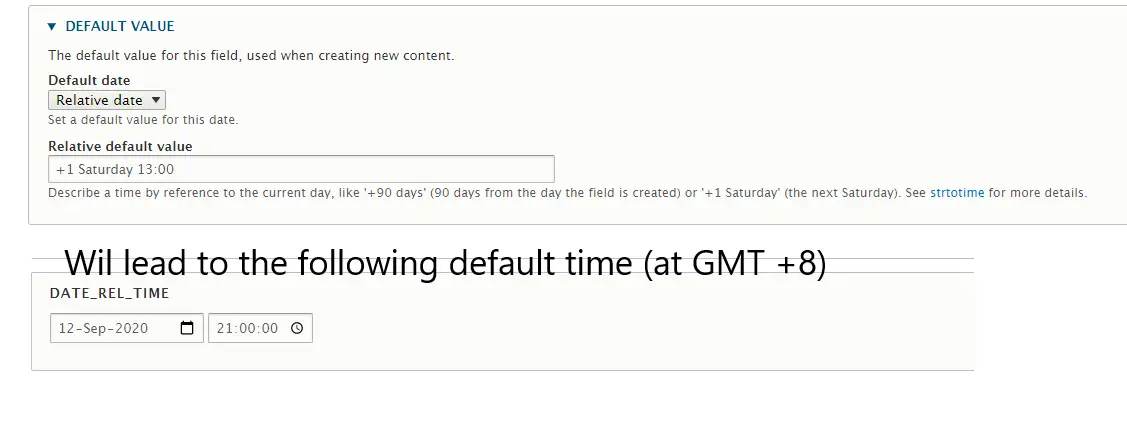Time and Date Troubles: Handling Timezones and Date Calculations

Dealing with time and date in software development can be a complex task, especially when considering different timezones and date calculation complexities. Here are some common challenges and strategies for handling these issues effectively:

Timezones:

- Time Zone Conversions: Applications often need to convert time between different timezones. This involves considering daylight saving time (DST) adjustments, which can vary across regions and countries. To handle this, libraries like pytz and moment.js can simplify time conversions and take care of DST adjustments.
- Time Zone Aware Data: Storing timestamps with timezone information is crucial for accurate time calculations. Many programming languages provide timezone-aware data types or libraries to work with datetime objects that include timezone information.
- Default Time Zone Handling: Applications should explicitly define the default timezone for date operations to avoid ambiguities and ensure consistent time calculations across different systems.
Date Calculations:
- Date Difference: Calculating the difference between two dates involves considering leap years, months with different lengths, and DST adjustments. Libraries like dateutil provide functions to perform date arithmetic and handle these complexities.
- Date Arithmetic: Performing arithmetic operations on dates, such as adding or subtracting days, months, or years, requires understanding date conventions and potential edge cases. Libraries like arrow or numpy can provide tools for working with dates and performing date arithmetic.
- Business Day Calculations: Calculating business days or working days involves excluding weekends and holidays. Libraries like pandas and businessdate provide specialized features to simplify business day calculations and account for custom holiday schedules.
Other Considerations:
- Cultural Differences: Different cultures may have varying calendar systems and conventions. Applications should be aware of these differences when handling dates and times from international users.
- Accuracy and Precision: Applications should consider the accuracy and precision requirements for their time and date operations. Some operations, such as financial transactions, require high precision, while others can tolerate some approximations.
- Testing and Validation: Thorough testing is crucial to ensure that time and date calculations are handled correctly in all scenarios. Tests should cover different timezones, date ranges, and exceptional cases.
By understanding these challenges and employing effective strategies, developers can effectively handle timezones and date calculations, ensuring accurate and consistent time and date operations in their software applications.

